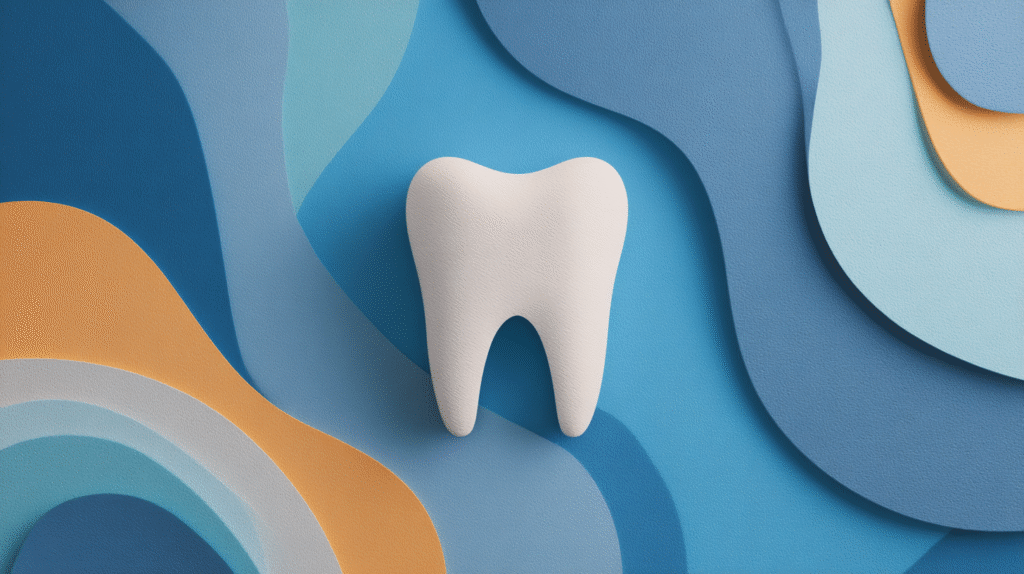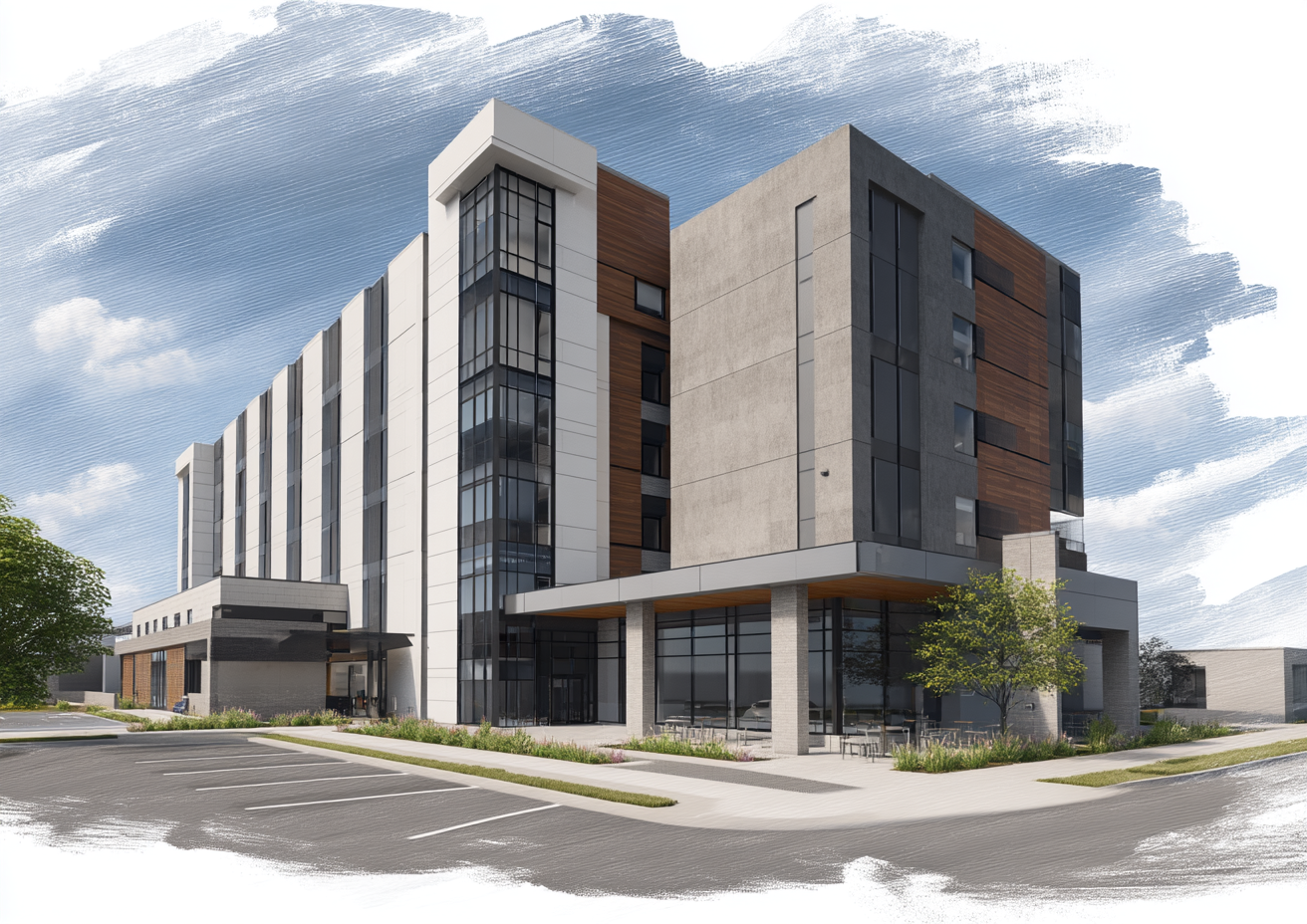The field of dental healthcare is ever-evolving, with a myriad of advancements that continuously reshape how professionals address patient care and common dental issues. As we look forward to 2025, it’s essential to delve into the recent developments affecting dental health in the United Kingdom. From groundbreaking technological innovations to enhanced patient education, the current landscape is both challenging and exciting for dental professionals, dental students, and healthcare practitioners alike.
The Landscape of Dental Healthcare in the UK
In the United Kingdom, dental healthcare professionals face numerous challenges in their day-to-day practice. The rise in dental issues such as gum disease and tooth decay is pressing, influencing the healthcare system’s approach to patient care. According to the British Dental Association, more than 35% of adults have experienced some form of dental disease. Therefore, understanding the advancements in dental practices and how they can improve patient outcomes is critical.
Technological Innovations Enhancing Patient Care
Recent advancements in technology have revolutionized dental practice, offering innovative solutions that enhance patient care and treatment outcomes. These include but are not limited to:
- Teledentistry: A growing trend where dental consultations take place via video conferencing, making it easier for patients to seek professional advice without visiting a clinic.
- AI in Diagnostics: Artificial intelligence tools are now used to analyze dental images with greater accuracy than traditional methods, aiding in early detection of dental diseases.
- 3D Printing: This technology allows for the rapid production of dental implants and aligners, shortening the time required for treatment and improving patient satisfaction.
For example, one UK dental practice has implemented AI for the analysis of X-rays, resulting in a 20% increase in the early detection of gum disease. These technological tools not only enhance the efficacy of treatments but also streamline dental workflows, allowing practitioners to spend more time focused on patient care.
Education and Continuous Learning: A Necessity for Dental Professionals
As advancements in dental healthcare emerge, continuous education becomes imperative for dental professionals. It is crucial to keep abreast of new technologies, treatment methods, and regulatory changes to ensure high-quality patient care. Common questions arise: What are the best resources for continuing education in dentistry? and How can dental professionals stay current with advancements in the field?
Many professional organizations offer workshops, online courses, and conferences, helping practitioners equip themselves with the necessary skills to address contemporary dental challenges. Leveraging resources such as the British Dental Journal or participating in forums can be invaluable for ongoing professional development.
Enhancing Patient Communication
Effective communication plays a vital role in enhancing patient care. Dental professionals must engage with patients not just about their treatment options but also about preventive measures they can take to maintain oral health. Questions like How can patients best manage their dental hygiene at home? typically arise. Here are several actionable insights for dental professionals to improve communication and patient education:
- Utilize visual aids and demonstrations for effective education regarding dental hygiene practices.
- Encourage patients to ask questions and share concerns during consultations to foster an open dialogue.
- Implement follow-up procedures, such as sending reminders or educational materials after appointments.
Empowering patients with knowledge can lead to improved compliance with treatment plans and preventive care measures, ultimately enhancing their dental health.
Addressing Common Dental Issues through Best Practices
Despite advancements, dental professionals encounter common issues like tooth decay and gum disease. Understanding the latest best practices is essential to effectively tackle these challenges. Some tips include:
- Caries Management: Adopt a preventive approach that includes the use of sealants and fluoride treatments to protect against tooth decay.
- Periodontal Therapy: Stay updated on the latest non-surgical techniques for treating gum disease to reduce the need for invasive procedures.
- Nutrition Counseling: Integrate dietary assessments into patient care discussions, reinforcing the connection between nutrition and oral health.
For instance, a case study in London highlighted that integrating nutritional advice within dental appointments led to a 15% reduction in the prevalence of tooth decay among patients in the following year.
Leveraging Data-Driven Approaches
Data management in dentistry has moved from traditional methods to more sophisticated software solutions. Implementing Electronic Health Records (EHR) enhances not only the provision of care but also the tracking of patient outcomes over time. By analyzing patient data, practitioners can identify trends and adjust treatment plans accordingly. This is particularly relevant when considering issues like gum disease prevalence and treatment outcomes.
Furthermore, utilizing practice management software can help dental offices streamline operations, automate reminders, and enhance communication, allowing practitioners to devote more time to patient interaction.
The Role of Staffing Solutions in Enhancing Dental Practices
To address these evolving challenges, dental practices must focus on building a capable workforce. Partnering with staffing solutions like Pulivarthi Group can ensure that dental practices have access to skilled professionals who are adept at adapting to new technologies and methods.
Our staffing solutions not only help in recruiting qualified dental professionals but also emphasize the importance of continuous education and training. By placing emphasis on placing individuals who are committed to learning and growth, we can support dental practices in achieving excellence in patient care.
Conclusion
As we advance into 2025, the importance of embracing technological innovations, continuing education, effective patient communication, and best practices in tackling common dental issues cannot be overstated. Dental professionals must leverage these advancements to improve patient care and outcomes significantly. We encourage all dental professionals and healthcare practitioners to reflect on their practices and consider how they can adopt the latest advancements in dental healthcare. Together, we can create a future where dental health is prioritized, and patients receive the highest quality of care.
For further consultation on staffing solutions tailored for dental practices, visit Pulivarthi Group and discover how we can assist you in enhancing your practice.









